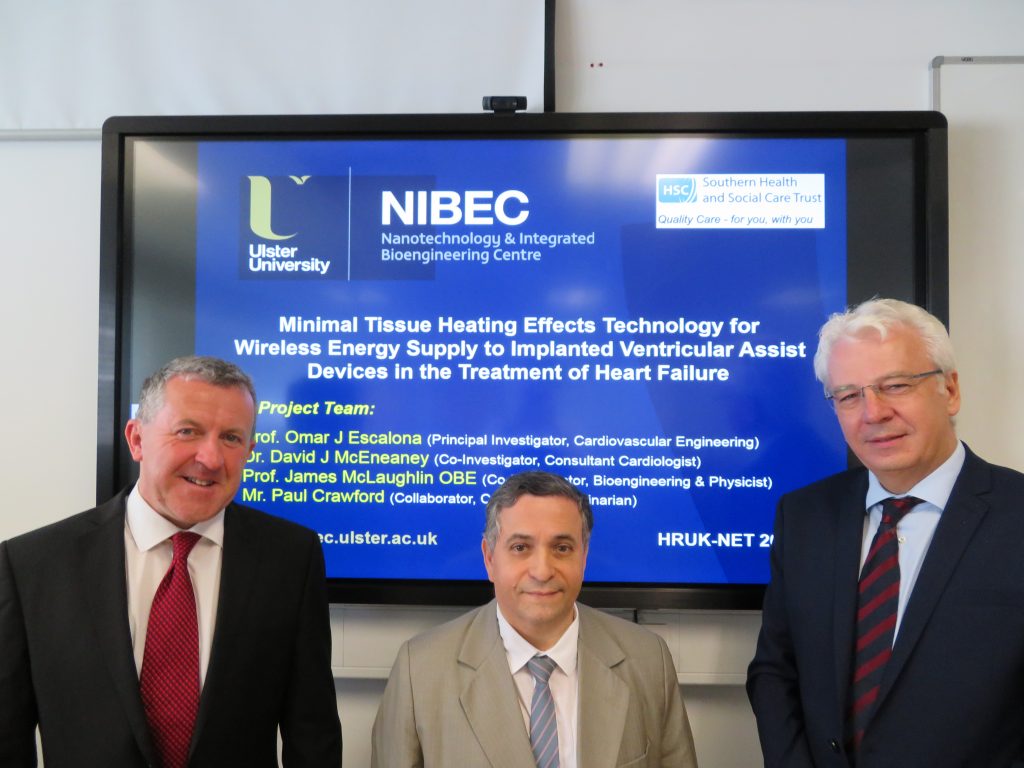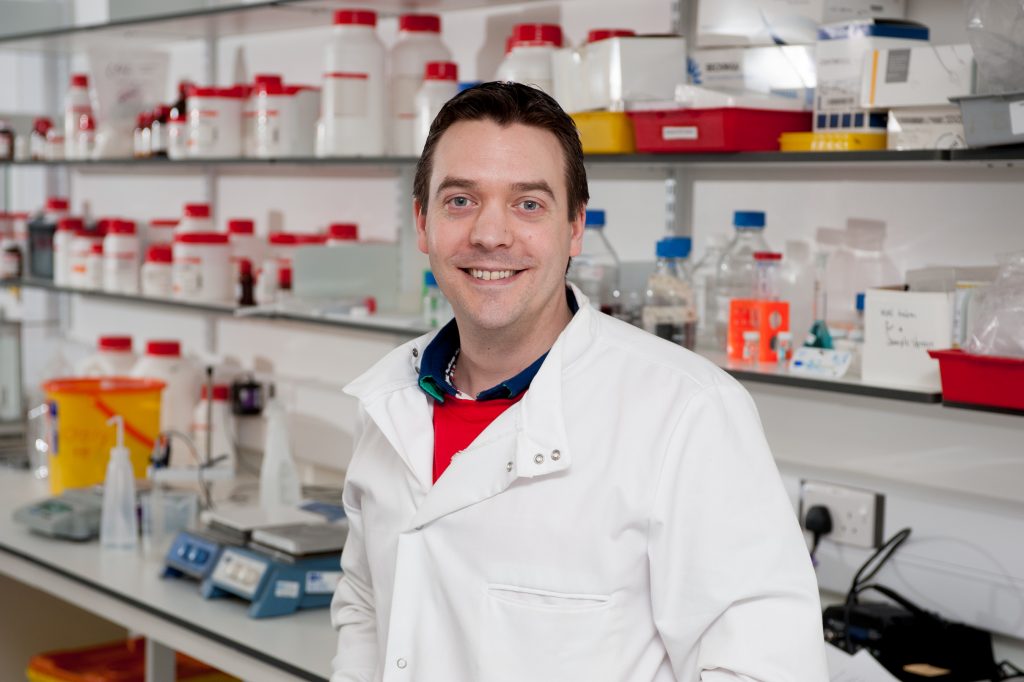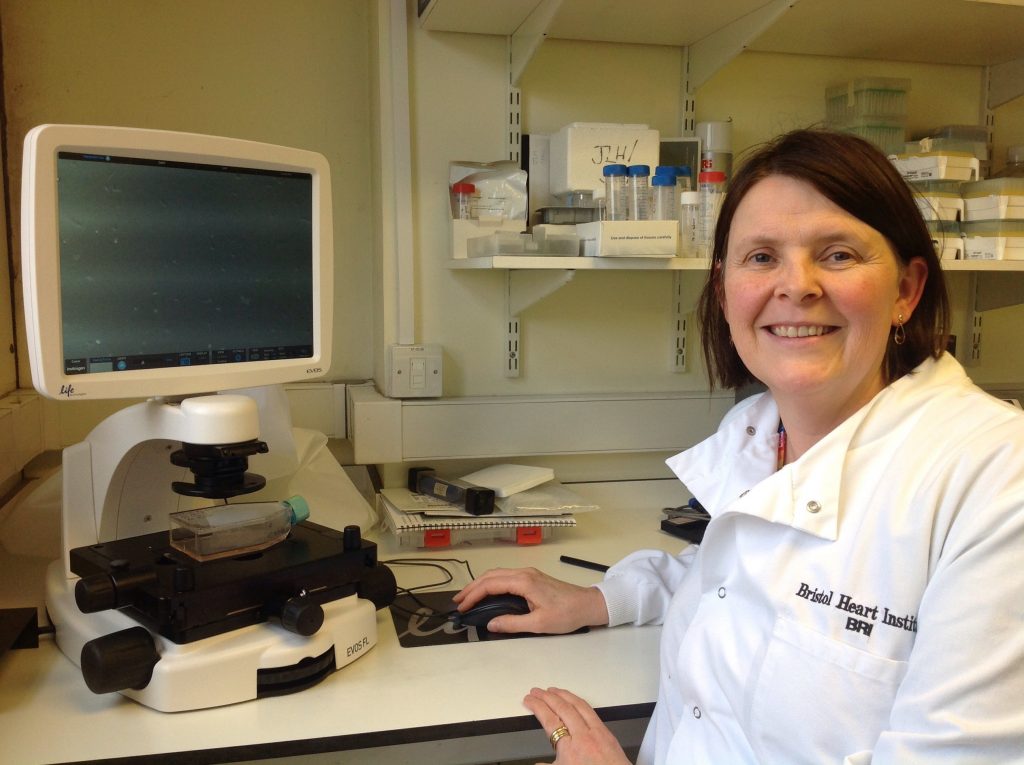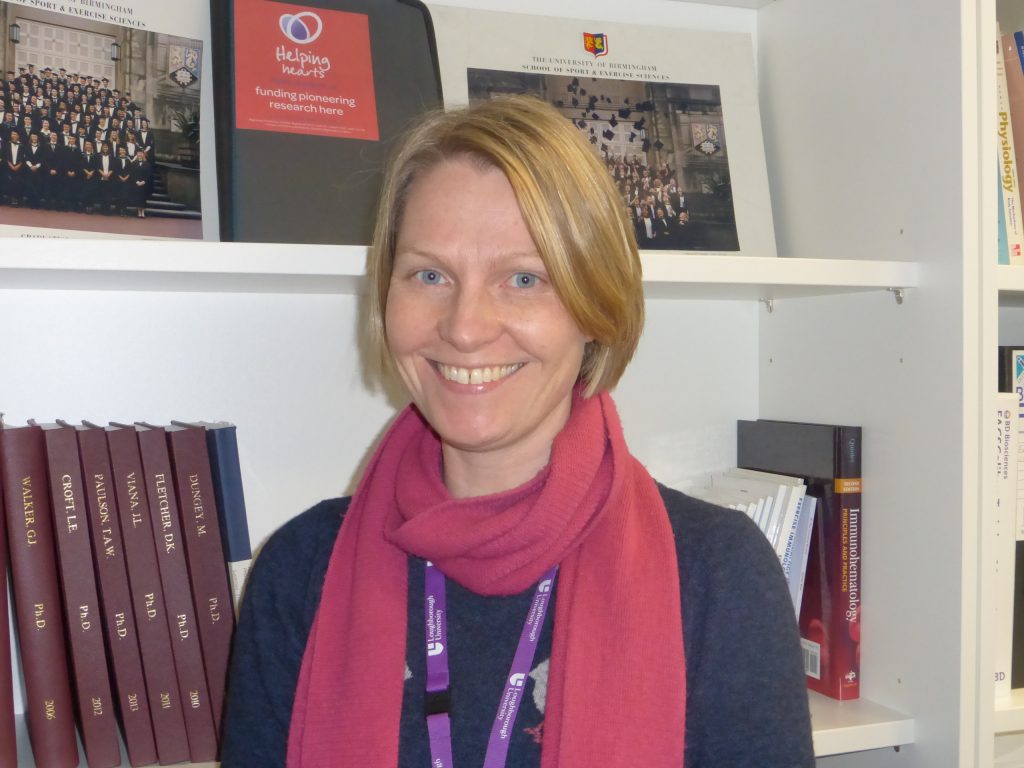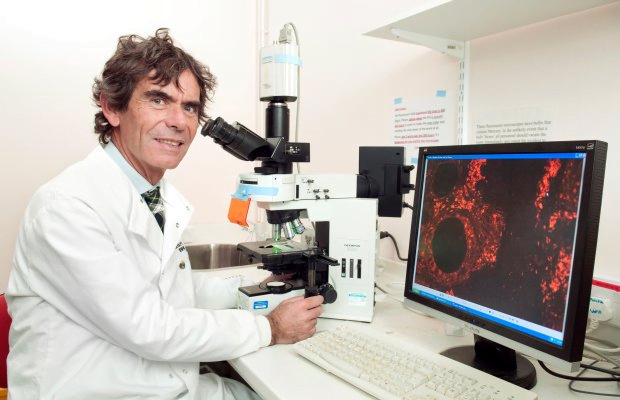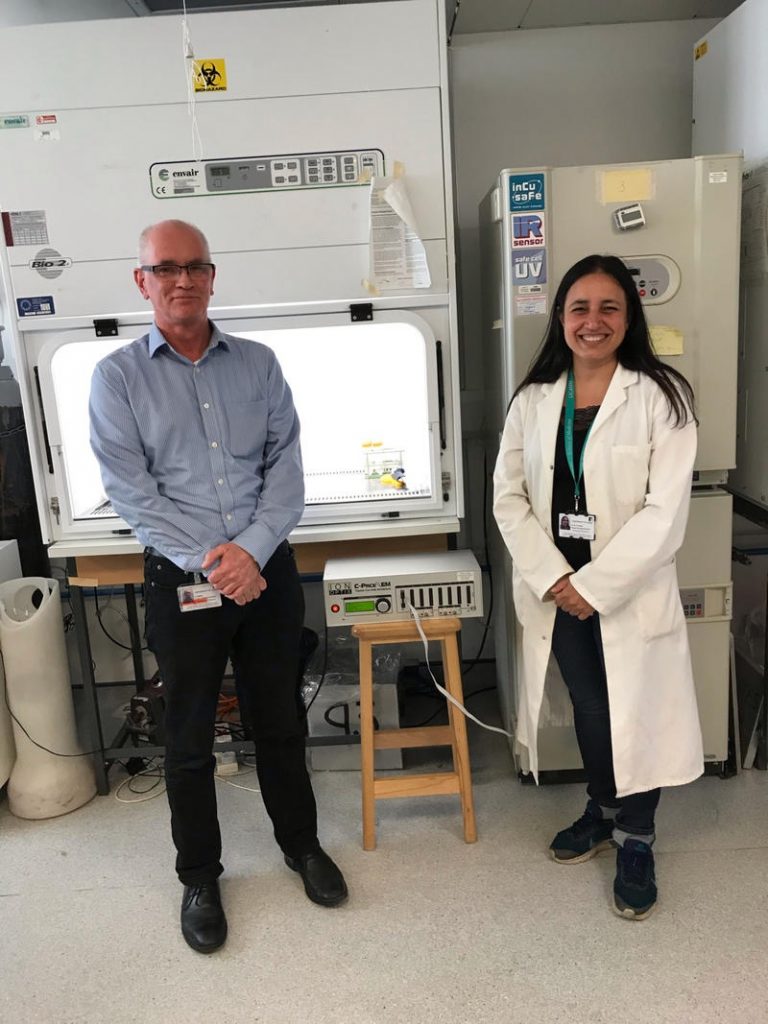Professor Vivek Muthurangu
University College London and Great Ormond Street Hospital
£217,373
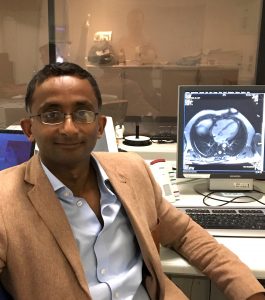
In the UK, at least 1 in 150 babies are born with congenital heart disease which means a heart defect that develops in the womb, before a baby is born. Cardiovascular magnetic resonance (CMR) is recognised as one of the best methods for imaging children with heart disease to assess the structure and function of the heart. However, it takes a long time to perform, requires an expert to do the scanning and is very costly. Also, it can be a distressing experience for young children and the need to perform multiple breath holds makes it difficult for many children.
In this project, Professor Muthurangu and his team developed a novel CMR technology that can assess anatomy, blood flow and heart function in a child with heart disease, in 5 minutes. The technology uses machine learning (ML) to produce high quality images – this is a type of artificial intelligence which is increasingly used for rapid image processing and analysis. The novel ML technique can produce images in seconds, rather than the hours that it takes with conventional methods.
The ML technique also led to two further CMR developments. The first allows imaging to be performed with less CMR ‘dye’, called gadolinium contrast. Gadolinium makes the images clearer but, in some cases, can have harmful effects on health. The new ML method produced high quality images with only 20% of the usual dose of gadolinium making it safer for children with heart disease.
The second involved the development of an ML-based method for processing CMR data. This is usually a very time-consuming process taking several hours of manual processing by an expert. The new ML method allows accurate, automated processing of data in a few seconds by someone with limited experience.
From a child’s point of view, the main benefit of the new technologies will be a quicker, more comfortable CMR test with no need for breath holding, therefore reducing distress during the scan and anxiety about future scans.
Until now, the high cost of CMR and long scanning times involved have limited its use in children with heart disease. It is expected that the new technologies will enable hospitals to carry out many more CMR scans in children at low cost, helping doctors to decide on the best treatments, so that more children can benefit. Professor Muthurangu’s team now has plans to validate the novel CMR technology across a number of hospitals including ones in the USA, Italy and Sweden.
